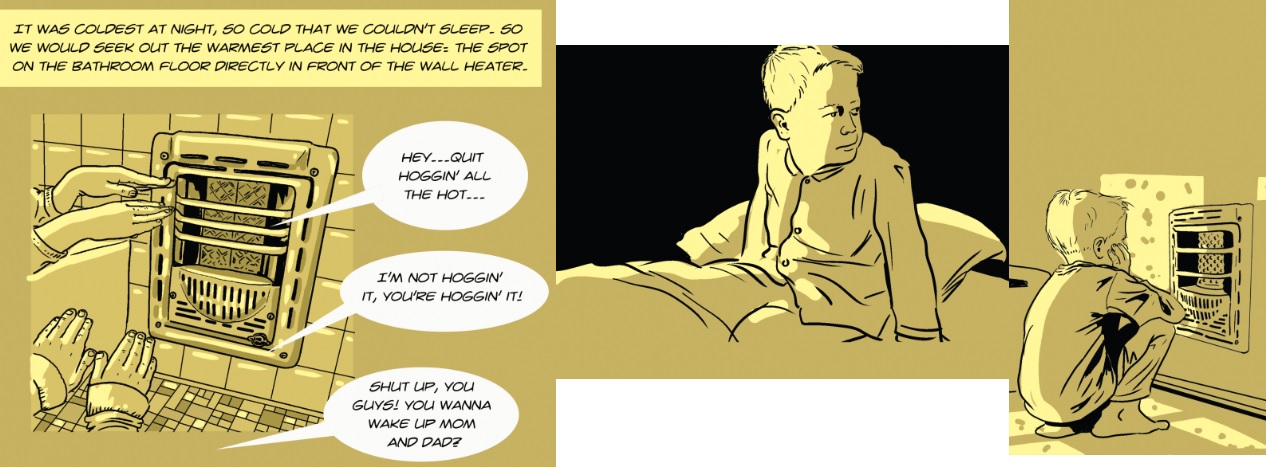“Pith”, the title of my new short story in Wilderness House Literary Review, is one of my favorite words, dense and layered with meaning. As a noun, it refers to spongy plant tissue or a body’s soft interior; it can also mean the essential part. As a verb, it means to kill. It’s a word in constant dance with its context – move this way, and it could be a refuge; shift slightly, and it’s peril. By either interpretation, it’s impactful.
I hoped to weave these multiple meanings into the story, a simple one of Dara, a young woman attempting to connect with her elderly father, newly vulnerable at this moment in their relationship.
I also wanted to create a personality test for the reader, and purposely left the time period vague. Set this story in late 2018, for example, and the tone reassures. Place it in January 2020 and inspire dread. I leave it up to you whether to support or kill.
Thank you to fiction editor Ian Halim at Wilderness House for selecting my work, and to the women of SWIG and Andrew Wagner for thoughtful critiques.
Read Pith in Wilderness House Literary Review >
Photo courtesy Margaret Jaszowska via Unsplash











